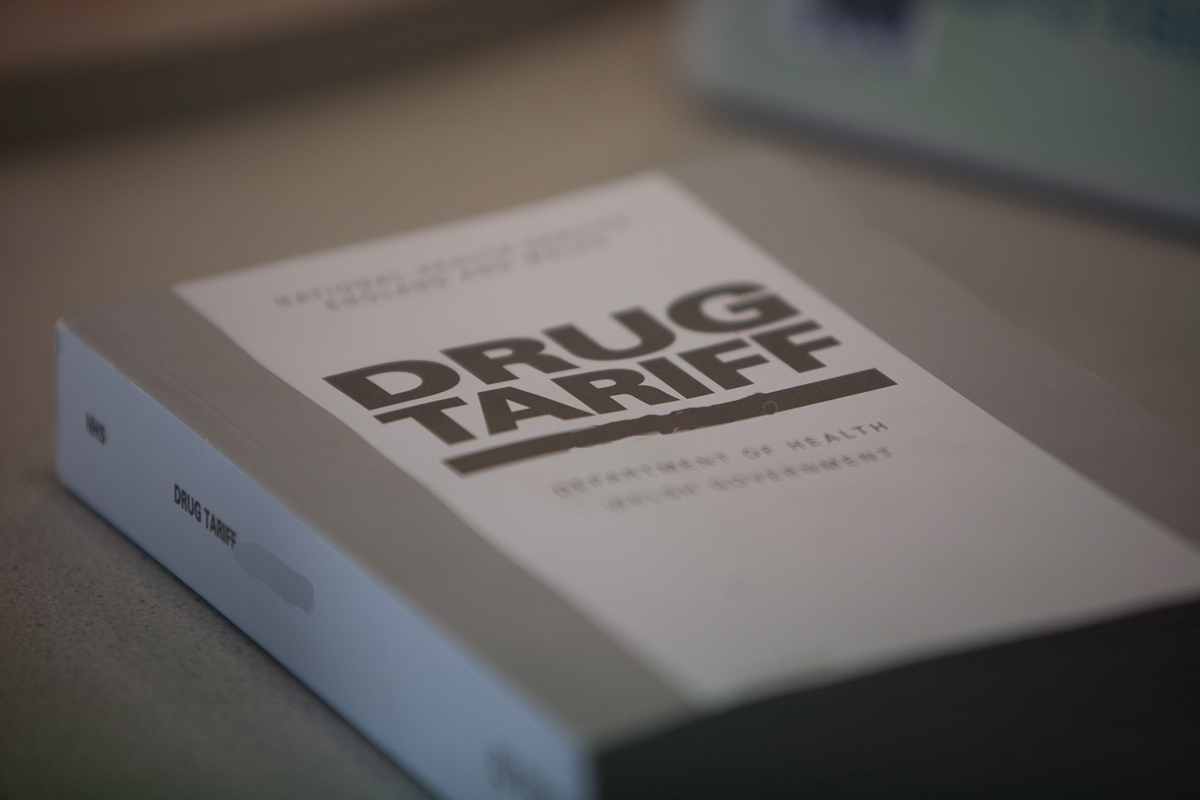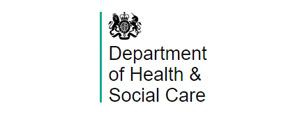DHSC responds to the 2016 hub and spoke consultation
Today, the Department of Health and Social Care (DHSC) published its response to the 2016 hub and spoke consultation, which aims to provide a better understanding of the reasons why it did not pursue this policy at that time.
The response paves the way for a new 2021 or 2022 hub and spoke consultation, and this is expected following DHSC engagement on the issue with stakeholders, including community pharmacy, during 2021.
The DHSC response indicates that a significant proportion of respondents opposed the proposals and that:
- while many respondents were supportive of allowing independent pharmacies to make use of hub and spoke dispensing models ensuring fairness for all pharmacies, there was concern about a number of the practicalities of hub and spoke dispensing across different legal entities;
- concerns raised included those around patient data, liability, implications for the supply chain, and risks to the existence of small community pharmacies;
- safety concerns raised included those around the speed of access to medicines in an emergency, the potential for more errors, security of data transfers between hubs and spokes, reduced face to face contact with patients and the interaction with falsified medicines requirements;
- respondents considered that hubs should be pharmacies as well as spokes, and issues around accountability and governance of the process were raised, as well as responsibility for dispensing errors;
- there was a need for a set of national standards around such system regulation; and
- DHSC had not presented adequate evidence of potential efficiencies and safety benefits.
The 2016 consultation also included proposed changes on labelling and ‘chemist nostrums’ (unlicensed medicines that are prepared by a pharmacist with the intention of selling over the counter). These were also not progressed and the DHSC response indicates the reasons for this.
PSNC’s position
In 2016, PSNC opposed the introduction of hub and spoke dispensing between different legal entities as set out in its consultation response, but PSNC has since accepted its introduction on the basis that models fair for all contractors will be agreed with DHSC. In the 2019, 5-year deal agreed between DHSC, NHS England and NHS Improvement (NHSE&I) and PSNC it was agreed that:
… with the support of PSNC, the Government will …. pursue legislative change to allow all pharmacies to benefit from more efficient hub and spoke dispensing, enabling increased use of automation and all the benefits that that brings. As part of this we will agree with PSNC which models will allow the whole sector to benefit fairly ….
PSNC set out its views on hub and spoke dispensing in its briefing earlier this year and it is important that new legislative provisions on hub and spoke dispensing (in UK wide legislation and NHS pharmaceutical regulations) establish not only a legal level playing field but a level playing field in practice for all contractors. Notably, the Government’s impact assessment on the medicines and medical devices bill, in February 2020, referenced hub and spoke dispensing and indicated that – the costs and benefits remain uncertain (paragraph 173), it is not for all pharmacy businesses (paragraph 174) and no pharmacy business would be required to set up, or use or offer hub dispensing services (paragraph 173).
Hub and spoke dispensing between different legal entities is one of a number of legislative changes intended to transform the supply and delivery of medicines that were envisaged in the 2019, 5-year deal agreed between DHSC, NHSE&I and PSNC. Other changes include Original Pack Dispensing (OPD) and better use of the skill mix in pharmacies to enable the clinical integration of pharmacists. These changes have been delayed, partly due to the COVID-19 pandemic.








